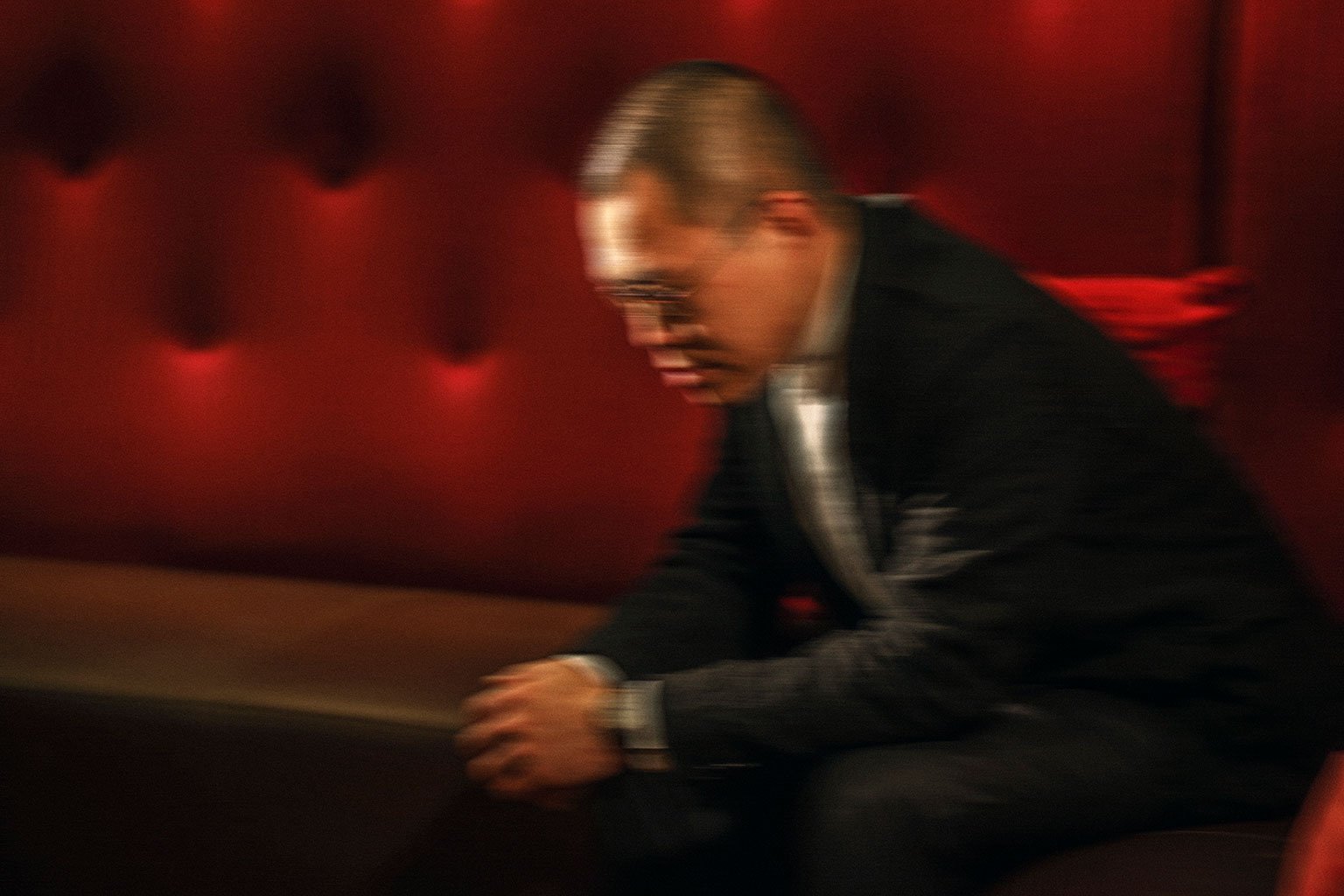Ho Gam-lai (贺锦丽) is the official Chinese name of Kamala Harris, who is the current vice president of the United States, and the Democratic Party’s presumptive presidential candidate after President Joe Biden unexpectedly dropped out of the race.
Harris got her Chinese name while running for district attorney in San Francisco in the early 2000s. According to law, candidates have to list their names in multiple languages. Rather than using the transliteration of her name — Kamala Halisi (卡玛拉·哈里斯) — Harris’ friend Julie D. Soo suggested that she pick a proper Chinese name, which had to be potential be more memorable for Chinese-speaking voters.
Soo turned to her father, the late Stephen Hsi-fen Soo, a well-respected Chinatown community leader in San Francisco, for suggestions. Stephen Soo’s services to the city included translating for then-Mayor Diane Feinstein at the San Francisco-Shanghai Sister City Committee. He bestowed Harris with the name 贺锦丽, pronounced as Ho Gam-lai in Cantonese, and He Jinli in Mandarin.

The name is truly auspicious: its many connotations include “congratulations,” “beauty,” “intricate,” and “magnificent.” Besides its Cantonese and Mandarin pronunciations, Harris’ Chinese name is pronounced as Ho Tsing Li in Hokkien. This sounds like the Hokkien pronunciation of 好整理 (hàozhěnglǐ in Mandarin), which refers to cleaning up. So naturally, netizens are joking that she’s come to clean things up.
Harris aside, historically, many foreigners have given themselves memorable Chinese names that have nothing to do with the sound of their real names. For example, German missionary and astronomer Johann Adam Schall von Bell named himself Tang Ruowang (汤若望), and the American historian of China John King Fairbank had the name Fei Zhengqing (费正清).
Netizens were also quick to point out that Harris had sidestepped a potential Chinese naming flop, unlike foreigners who named themselves Qiao Keli (巧克力, chocolate) or Hai Feisi (海飞丝, a shampoo brand).
20 years ago, Harris’ carefully-chosen Chinese name may have given her a political edge by granting her greater name recognition among San Francisco’s large Chinese speaking population. As Harris begins her candidacy for president, will Ho Gam-lai mobilize more voters?
Banner image via NPR.


















